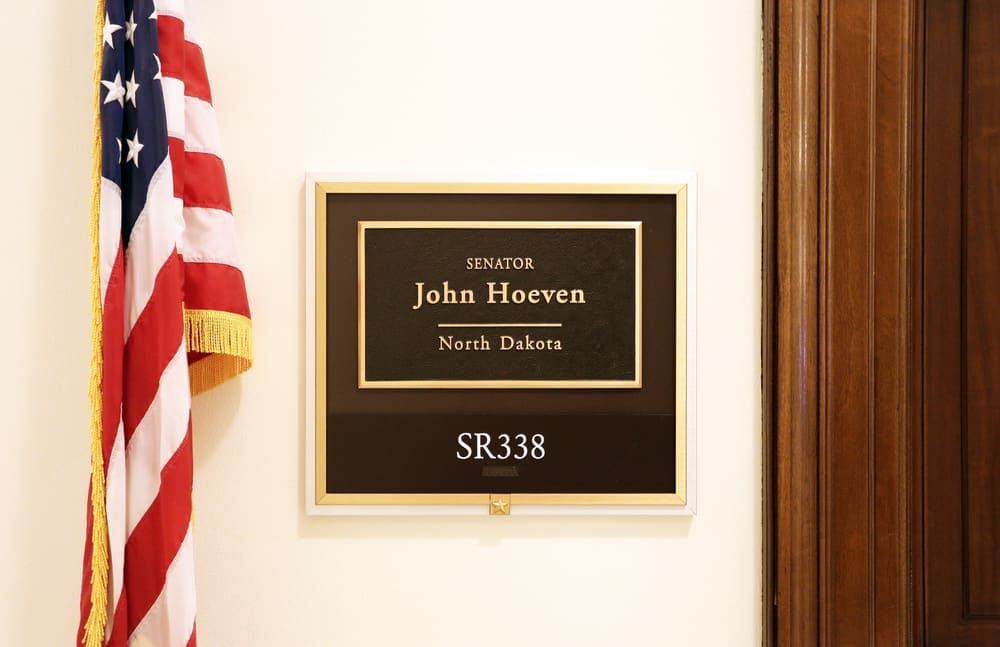WASHINGTON — As House Republicans work to secure votes for a substantial bill advancing President Donald Trump’s agenda, Senate Republicans are signaling that the proposal will not pass in its current form. Senator John Hoeven of North Dakota emphasized that the current House draft will not succeed in the Senate without modifications. Senate Republicans are beginning to identify specific areas for revision, such as Medicaid, clean energy funding, spectrum policy, and budgetary concerns.

Senator Ron Johnson of Wisconsin expressed opposition to the House bill, noting concerns over its impact on the U.S. budget deficit, which he estimates could increase by $4 trillion. He criticized the proposed spending reductions as insufficient, advocating for a return to pre-pandemic federal spending levels.
With a narrow majority of 53 senators, Republicans can afford to lose only three votes before the bill fails in the Senate. The situation is further complicated by Senator Rand Paul of Kentucky, who seeks more significant cuts, and Democratic opposition to energy funding reductions in the Inflation Reduction Act.
Senator Lisa Murkowski of Alaska, along with other Republican senators, has warned against terminating clean energy tax credits established in 2022, citing potential negative impacts on investment and job creation in the energy sector. The House committee responsible for tax provisions aims to repeal subsidies for electric vehicles and phase out other clean energy incentives from the Inflation Reduction Act.
Senator Josh Hawley of Missouri has voiced concerns over proposed Medicaid cuts, which include work requirements and funding limits that could affect rural hospitals in his state. He opposes the bill in its current form, sharing concerns with fellow senators like Susan Collins of Maine, who also objected to the Medicaid cuts.
Senate Republicans are also targeting provisions related to the Federal Communications Commission’s spectrum auction authority and federal IT system modernization, which are expected to save $88 billion. Senators Mike Rounds of South Dakota and Deb Fischer of Nebraska have called for further revisions to these policies.
House Speaker Mike Johnson of Louisiana aims to advance the bill through the House Budget Committee and secure passage before Memorial Day. However, Senator Thom Tillis of North Carolina emphasized the need for Senate review of the House’s language on Medicaid, clean energy, and other policies before proceeding. Tillis also raised concerns about the House’s proposal to increase the state and local tax deduction cap, an issue less relevant for Senate Republicans from lower-tax states.














